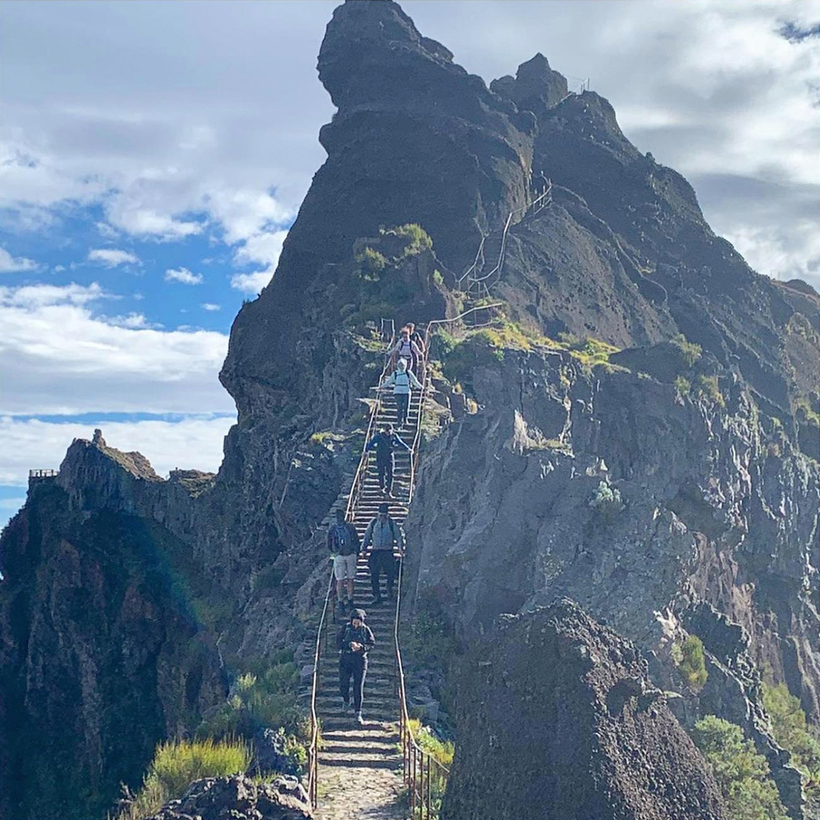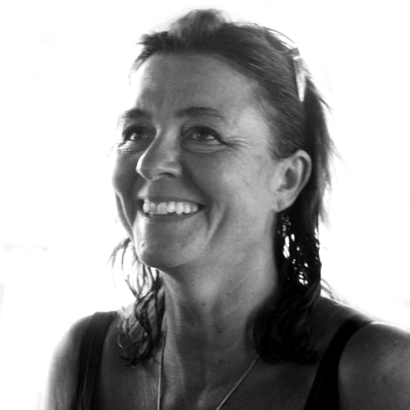“Movement is medicine.” Such is the mantra of Yeotown, a wellness resort in Madeira, the autonomous region of Portugal. The five-day program involves every possible prescription, from a near-vertical pre-breakfast trot to candlelit yoga on a platform overlooking the island’s balmy southern shore.
When the sun eventually rises over the 17th-century Quinta das Vinhas hotel, it illuminates the electric blue of hydrangea and the red of Brobdingnagian hibiscus.


